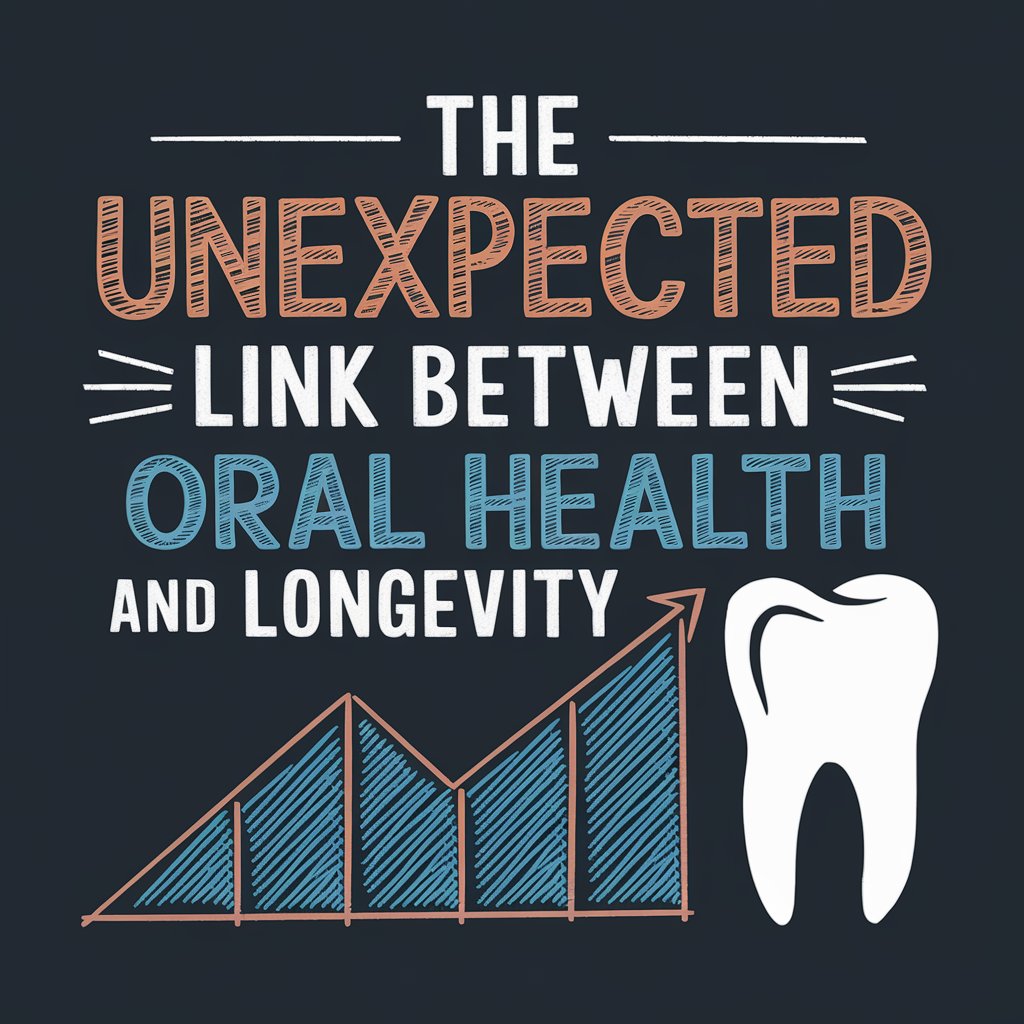Oral health is often considered a separate aspect of overall well-being, but growing research suggests that it plays a vital role in determining life expectancy. Taking care of your mouth isn’t just about maintaining a great smile—it can help prevent serious health issues that impact longevity. From heart disease to cognitive function, oral hygiene offers valuable insight into an individual’s general health.
How Does Poor Oral Health Affect Your Body?
Your mouth is a gateway to the rest of your body, and when oral hygiene is neglected, harmful bacteria can accumulate, leading to more than just cavities and gum disease. These bacteria may enter the bloodstream, increasing the risk of several systemic conditions, including:
- Heart disease – Studies suggest that gum disease and inflammation may contribute to cardiovascular problems by promoting arterial plaque buildup, increasing the likelihood of heart attacks and strokes.
- Diabetes complications – Periodontal disease can make blood sugar levels harder to control, while poorly managed diabetes can further deteriorate oral health, creating a damaging cycle.
- Respiratory issues – Harmful bacteria from gum infections can be inhaled into the lungs, heightening the risk of pneumonia and other respiratory illnesses.
- Cognitive decline – Researchers have discovered potential links between gum disease and conditions such as Alzheimer’s, as oral bacteria may play a role in neurological degeneration over time.
The Link Between Gum Disease and Aging
Commonly known as gum disease, periodontal disease is often an overlooked contributor to premature aging. It can lead to tooth loss, chronic inflammation, and a weakened immune system when it is left untreated. Since persistent inflammation is associated with many age-related illnesses—including arthritis, cardiovascular disease, and even certain cancers—taking steps to prevent gum disease can support both oral and overall health.
By prioritizing oral hygiene and treating gum disease in its early stages, individuals can reduce inflammation throughout the body, potentially increasing their lifespan and improving their quality of life.
How Nutrition Impacts Oral and Overall Health
Diet plays a crucial role in both dental and systemic health. When you consume high levels of sugar and processed foods, it not only raises the risk of any cavities and gum disease but it also contributes to obesity, diabetes, and heart disease. In contrast, a nutrient-rich diet strengthens teeth, promotes gum health, and supports longevity. Key nutrients for optimal oral and general health include:
- Calcium and vitamin D – Strengthen teeth and bones, reducing the risk of fractures and decay.
- Vitamin C – Supports gum health and reduces the likelihood of gum disease.
- Omega-3 fatty acids – Help control inflammation, which can lower the risk of periodontal disease.
- Antioxidants – Found in fresh fruits and vegetables, they help counteract oxidative stress, a major contributor to aging.
The Importance of Preventive Dental Care
Regular dental visits are vital for maintaining both oral health and overall well-being. Professional cleanings effectively remove plaque and tartar that daily brushing can’t eliminate, lowering the risk of gum disease and tooth decay. Additionally, routine check-ups allow dentists to detect early warning signs of conditions such as oral cancer, diabetes, and other systemic diseases that may first present symptoms in the mouth.
For those looking for expert dental care, a Quarry Park SE Calgary Dentist can provide preventive and restorative treatments to help maintain optimal oral health, contributing to long-term wellness.
Simple Yet Effective Oral Hygiene Habits
Maintaining good oral hygiene doesn’t have to be complicated. A few consistent habits can go a long way in preserving both oral and general health:
- Brushing teeth twice daily with fluoride toothpaste to prevent decay and gum disease.
- Flossing daily to remove plaque buildup between teeth.
- Using an antibacterial mouthwash to eliminate harmful bacteria.
- Drinking plenty of water to support saliva production, which naturally cleanses the mouth.
- Avoiding smoking and tobacco products, which significantly increase the risk of gum disease and oral cancer.
- Eating a balanced diet rich in whole foods while minimizing processed sugar intake.
- Scheduling routine dental check-ups to catch potential issues early.
Oral Health as a Lifelong Commitment
Investing in oral health means investing in overall well-being and longevity. The connection between oral hygiene and long-term health highlights the importance of daily care and professional dental support in preventing serious illnesses. By maintaining good oral hygiene, making smart dietary choices, and keeping up with regular dental visits, individuals can enjoy a healthier, longer life—one smile at a time.





